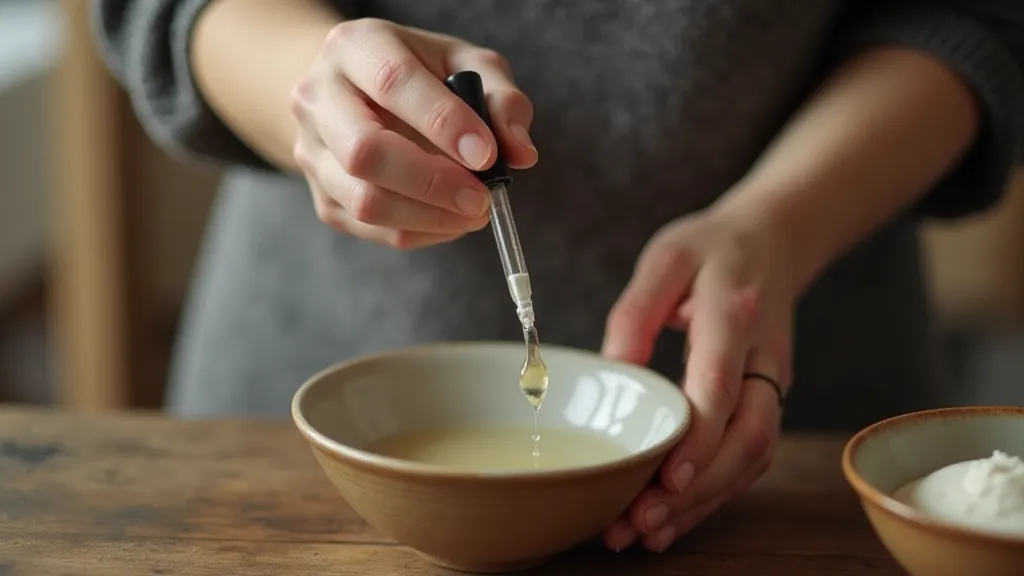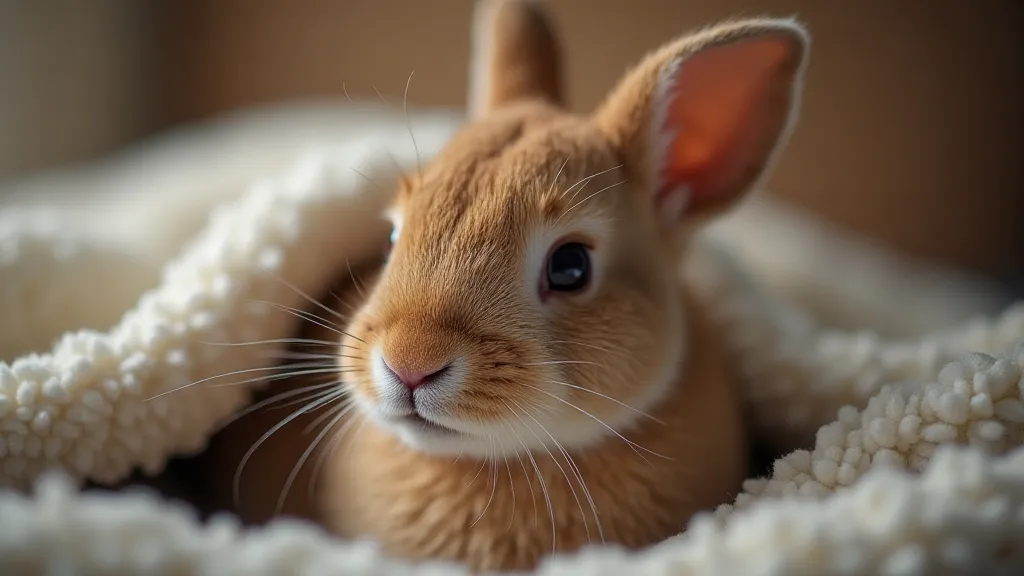Echoes of the Forest: Calming Anxiety in Shelter Pets with Herbal Teas
The echo of a bellows, the sigh of reeds – for a moment, I'm transported. Antique accordions, instruments of such complex beauty and mournful history, have a profound effect on me. My grandfather, a quiet man of immense skill, restored them. He wasn’t a musician, but he understood the soul of these machines. He’s the one who taught me the importance of gentle restoration, of recognizing that even broken things hold a profound resonance. He's also the one who first showed me the power of observation – how to notice the nuances of stress, the quiet signals of discomfort in living things. That observation, he believed, could unlock unexpected solutions.
And that’s what brings me to shelter pets. The anxieties they carry are palpable, a silent chorus of loss, fear, and uncertainty. These beautiful creatures, often victims of circumstance, arrive at shelters overwhelmed. The sudden change in environment – the clamor of unfamiliar sounds, the scent of countless other animals, the constant flow of strangers – can trigger immense stress. It can manifest as trembling, excessive vocalization, loss of appetite, or even aggression, born not of malice, but of deep-seated fear.

The Shelter Environment: A Perfect Storm of Stress
Imagine being plucked from everything you know – your family, your home, your routine – and deposited into a space teeming with unfamiliar stimuli. The sheer sensory overload is staggering. While shelters work tirelessly to provide safe and comforting environments, the reality is that noise, confinement, and lack of predictability are unavoidable factors. Many pets, especially those with prior trauma or sensitive temperaments, struggle to cope. Traditional methods of calming – medication – while sometimes necessary, aren’t always the ideal long-term solution, nor are they always accessible to shelters with limited resources. That's where the quiet power of herbal remedies can offer a gentle, supportive alternative.
Harnessing the Forest’s Wisdom: Safe Herbal Teas for Shelter Pets
The practice of using herbs for wellness isn't new. Ancient cultures worldwide have recognized the healing properties of plants. We can draw upon that same wisdom to create safe and soothing tea blends specifically tailored for stressed and anxious shelter animals. The key, however, is safety. Many herbs that are safe for human consumption are toxic to pets. Meticulous research and cautious selection are paramount. We’re not aiming for a cure, but a gentle nudge towards calm, a way to ease the transition into a new life.
Here are some herbs generally considered safe and beneficial for calming anxious pets. Please note: This is not a substitute for veterinary advice. Always consult with a qualified veterinarian before introducing any new herbal remedies to your pet.
- Chamomile (Roman): Known for its calming and sedative properties. It can help ease anxiety and promote relaxation.
- Lemon Balm: Has a mild sedative effect and can help reduce stress and improve mood. Its citrusy scent is generally appealing to animals.
- Valerian Root (in very small amounts, with extreme caution): A powerful sedative, but *must* be used sparingly due to its potency. Overuse can lead to grogginess or digestive upset.
- Passionflower: Can help reduce anxiety and improve sleep quality.
- Oat Straw: Nourishing and calming, it supports overall nervous system health.
Important Considerations:
- Dosage: Start with extremely small amounts (a few drops diluted in water). Observe your pet closely for any adverse reactions.
- Preparation: Brew a weak tea using filtered water. Allow to cool completely before offering to your pet.
- Individual Sensitivity: Just like humans, pets can have individual sensitivities or allergies. Introduce new herbs one at a time to monitor for reactions.
- Underlying Medical Conditions: Rule out any underlying medical conditions that may be contributing to anxiety before introducing herbal remedies.

Crafting the Blend: A Gentle Approach
The beauty of herbalism lies in its customization. You’re not simply following a recipe; you’re creating a blend tailored to the individual needs of the animal. For a particularly anxious dog, a combination of chamomile and lemon balm might be effective. For a rabbit struggling with fear, a tiny amount of oat straw, combined with chamomile, could be soothing. The goal isn't to knock them out; it's to gently ease the tension, to create a sense of safety and comfort.
My grandfather, restoring accordions, would often find hidden cracks or weakened bellows. He wouldn't try to force a broken part back into place. Instead, he's meticulously repair it, reinforcing it with carefully chosen materials, respecting the instrument's inherent structure. Similarly, with our shelter pets, we must approach their anxieties with a gentle hand, supporting their resilience, not masking their pain.
Beyond the Tea: Holistic Support
Herbal teas are just one piece of the puzzle. A holistic approach to calming shelter pets involves creating a stress-reducing environment. This includes providing quiet spaces, soft bedding, predictable routines, and opportunities for enrichment. Volunteers who are patient and empathetic can make a profound difference. The human touch, the reassuring voice, can be as powerful as any herb.
The quiet resonance of an accordion, the gentle aroma of a calming tea – these are small comforts, but they can speak volumes to a frightened soul. By embracing the wisdom of nature and approaching our shelter pets with compassion, we can help them find their way back to trust, to joy, and to a new beginning. Just as my grandfather resurrected broken accordions, allowing them to sing again, we can help these beautiful creatures rediscover their own melodies.






